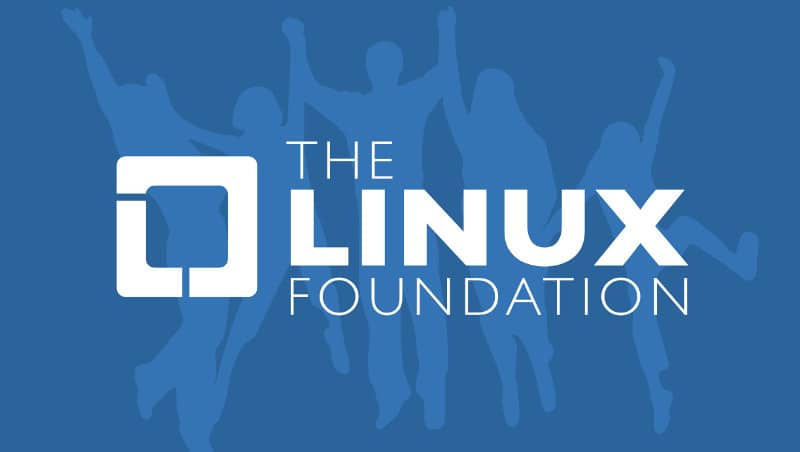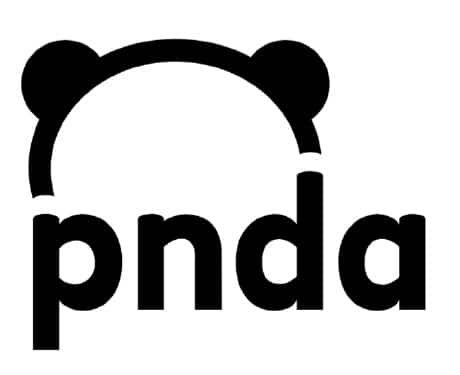
The Linux Foundation has added Platform for Network Data Analytics (PNDA) to the list of its official projects. The open source, scalable platform is aimed to eliminate complexity in monitoring network analytics by integrating, scaling and managing a set of open data processing technologies.

With the new move, PNDA is now available as an initial platform release. It was originally supported by tech companies like Cisco, Deepfield, FRINX and OpenDataSoft.
“PNDA addresses a critical need for a scalable platform that fosters innovation in reactive network analytics for both service providers and enterprises,” said Jim Zemlin, executive director, The Linux Foundation, in a statement.
PNDA provides an end-to-end platform to users to let them deploy analytics applications and services. It comes with new big data architecture patterns and supports real-time data exploration and analysis.
Instead of using just one area to grab information, the analytics platform aggregates data from various sources on a network. Cisco is additionally providing offerings like provisioning and management, application packaging and deployment to enhance the open source product.
“If we’re really going to move the industry forward and enable new services and new business models, where agility is a reality rather than a marketing buzzword, then OSS, BSS and IoT solutions all need to become agiler too. We believe that the solution is to leverage the rapid innovation in big data analytics. That’s the reason for being for PNDA – an open source big data platform that can foster an ecosystem of innovative analytics applications while also supporting the next generation of reactive network services,” said David Ward, SVP and CTO at Cisco.
The initial version of PNDA comes as a production-ready solution on OpenStack-based platforms. However, there are plans to add support for bare-metal and public-cloud provisioning sometime later this year. The platform is also expected soon to receive Hadoop distribution independence, infrastructure validation, container support and deep-learning framework integration through some open source community efforts.









































































